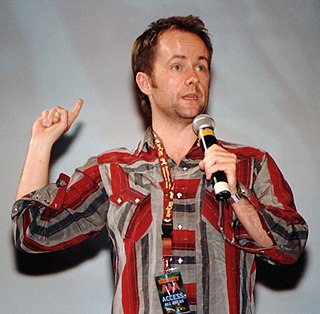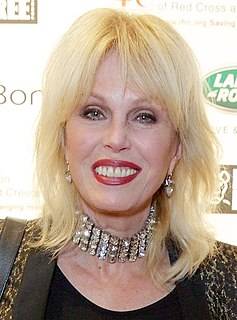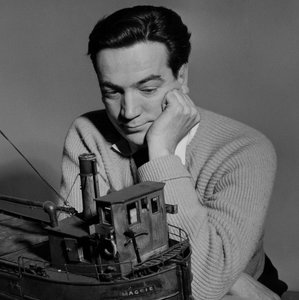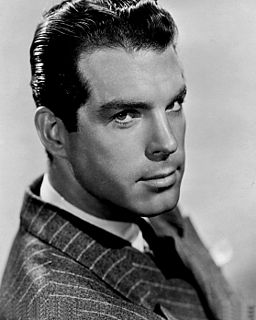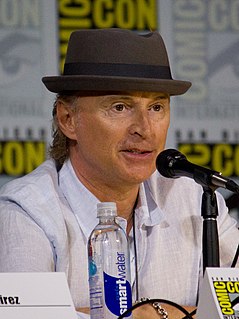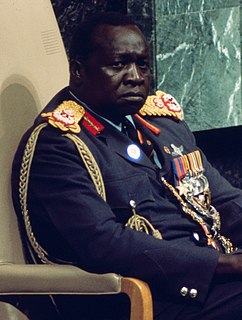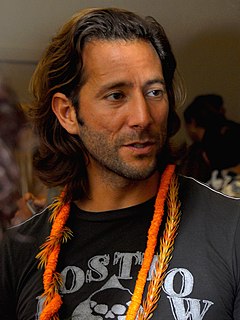A Quote by Billy Boyd
Hobbits are a lot like Scots. It’s all about nature and enjoying their land, which is a very Scottish thing.
Related Quotes
My dad is Scottish, and he read in the newspaper about the plight of the Scottish Freshwater Mussel, which is a real thing - like, a very real, serious conservation issue. And he's a writer, and he was going to do a film about a Glaswegian gangster, and then I stole the idea and turned it into a romantic comedy.
I'm not particularly ethnically Scottish; I have one grandfather who is Scottish, although he's called Macdonald, and you don't get a lot more Scottish than that. The Scottish part of my family are from Skye, and I've always been very aware of that - always been very attracted to Scottish subject matter, I guess.
The Scots say that Nature itself dictated that golf should be played by the seashore. Rather, the Scots saw in the eroded sea coasts a cheap battleground on which they could whip their fellow men in a game based on the Calvinist doctrine that man is meant to suffer here below and never more than when he goes out to enjoy himself.
We hear a lot about theological justifications for the conflicts, but very little about the scientific evidence, which in no way supports them. The time period in which Moses was leading his people out of Egypt, into the Promised Land, the Promised Land was Egypt. We know that. Archaeological records are very clear. The Egyptians were avid bureaucrats even in those days and kept very scrupulous records. I think it's important for us to realize this conflict is built on a legend. It has no scientific support.
One of the very, very exciting things I have found here in L.A. is that no one talks to you about being Scottish. Whereas, if you are in London and you are trying to put films together and be a film-maker, there is a kind of unspoken sense that, if you are Scottish, you have something to overcome or else you cannot really do that project.
